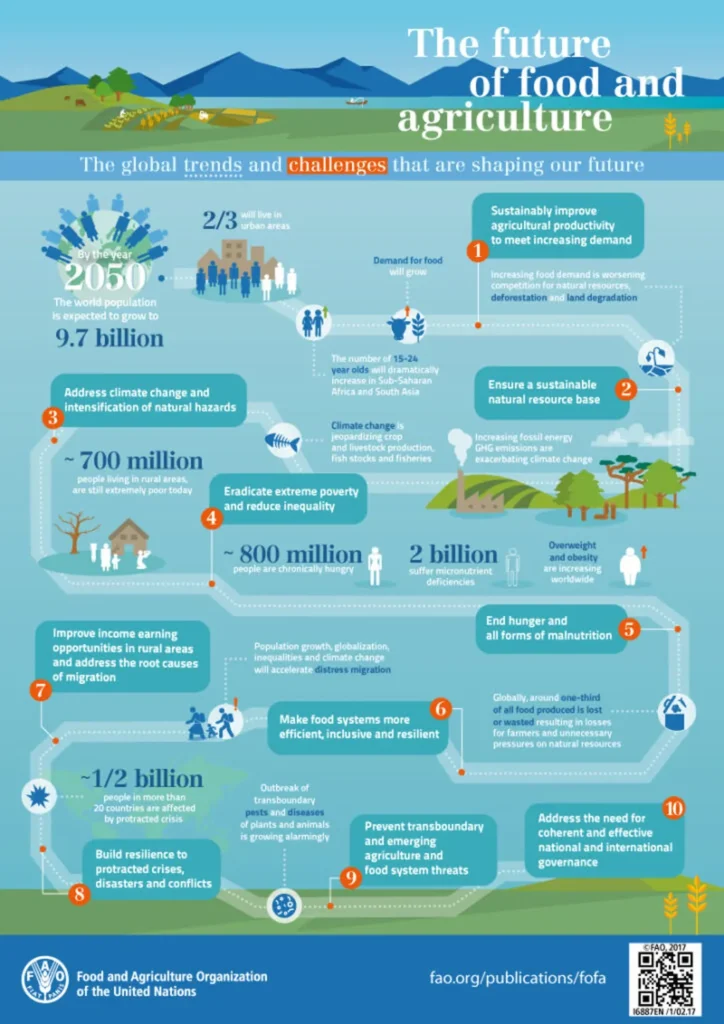For half a century, The International System for Agricultural Science and Technology (AGRIS) has served as a cornerstone of global agricultural knowledge, bridging gaps between research, policy, and practice. Now, as part of its 50th-anniversary celebrations in 2025, the platform is adopting a new identity: **FAO AGRIS**. The rebranding, rolling out over the coming weeks, is more than a name change—it signals a deeper integration into the Food and Agriculture Organization of the United Nations (FAO) and a renewed commitment to advancing the Sustainable Development Goals (SDGs) through open science.
The shift to FAO AGRIS reflects its evolving role as a key pillar of FAO’s knowledge-sharing infrastructure. Since its inception in 1975, the platform has grown into the world’s most comprehensive repository of agricultural research, hosting over 16 million bibliographic records in 123 languages. These records, sourced from more than 2,000 data providers across 168 countries, span peer-reviewed journals, technical reports, theses, and other grey literature—ensuring that critical research remains accessible to researchers, policymakers, and farmers alike.
What sets FAO AGRIS apart is its adherence to the FAIR principles—Findable, Accessible, Interoperable, and Reusable—earning it recognition as a Digital Public Good (DPG) by the Digital Public Goods Alliance. This certification underscores its role in democratizing knowledge, particularly for low-resource communities where access to scientific literature can be limited. With over 52 million users worldwide, the platform has become indispensable for those working to address food security, climate resilience, and sustainable farming practices.
The rebranding also reinforces FAO AGRIS’s alignment with FAO’s broader mission to combat hunger and promote sustainable agriculture. By consolidating its identity under the FAO umbrella, the platform strengthens its ability to facilitate cross-border collaboration, ensuring that innovations in agritech—whether in drought-resistant crops or precision farming—reach those who need them most.
For users, the transition will be seamless. The platform’s core functionality remains unchanged, with its vast database still freely accessible at [agris.fao.org](agris.fao.org). The name change, however, serves as a reminder of its expanding influence in shaping global agricultural policy and practice. As FAO AGRIS moves into its next half-century, its focus remains clear: to keep agricultural knowledge open, reliable, and actionable for a world facing unprecedented challenges in food systems.
Further details on the platform’s evolution and resources can be found at [www.fao.org/agris](www.fao.org/agris).

